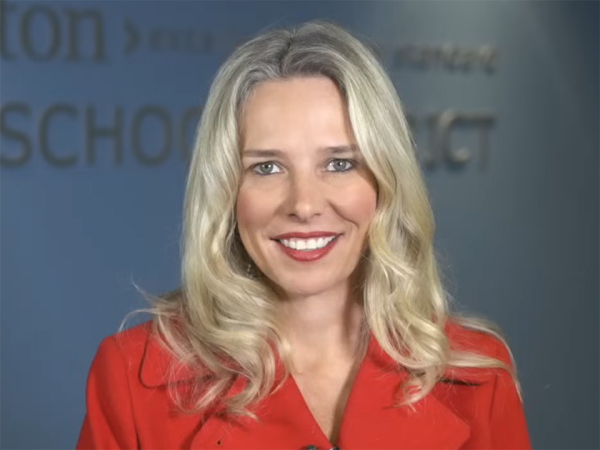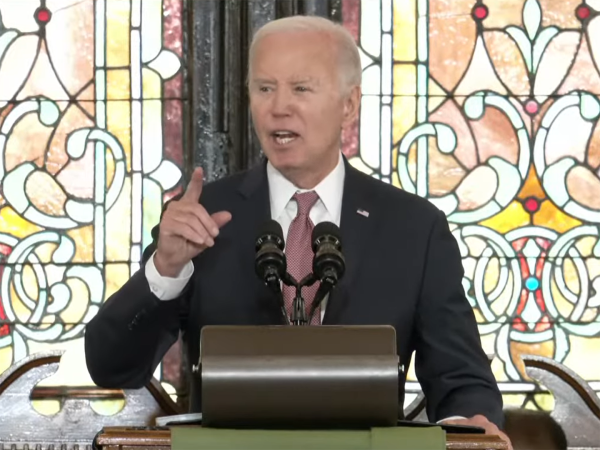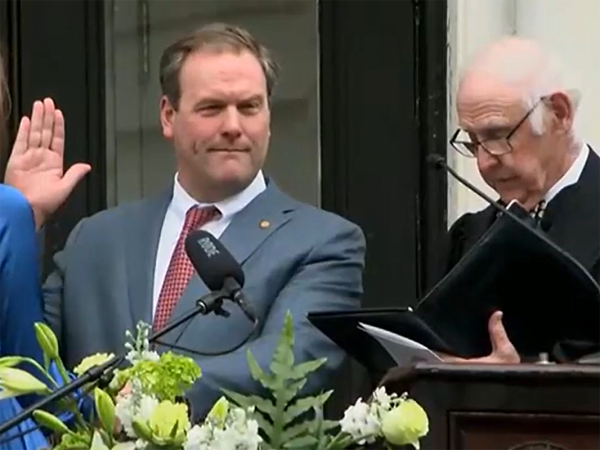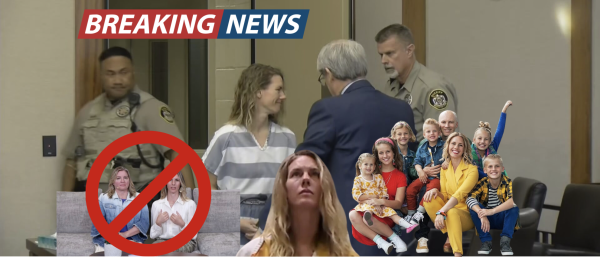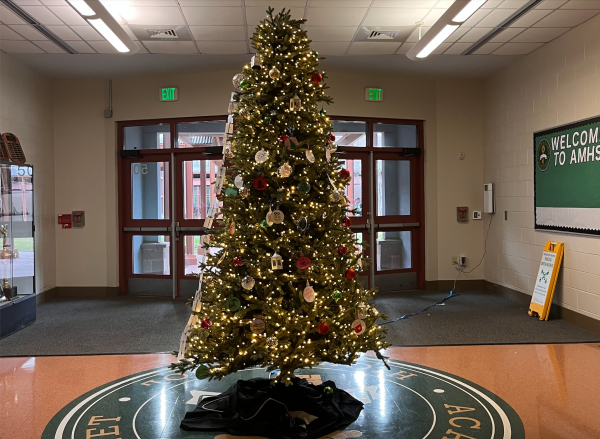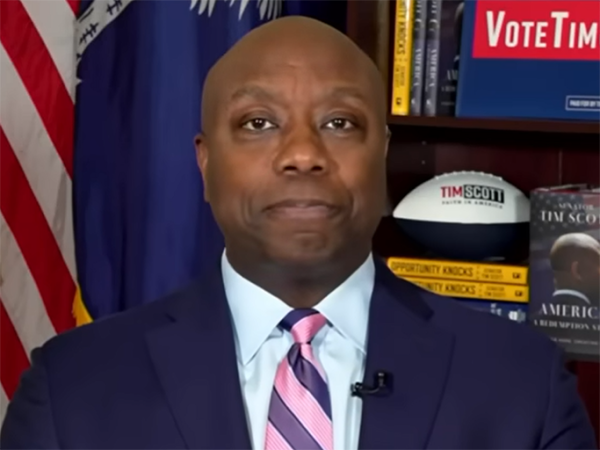Charleston Area Justice Ministry
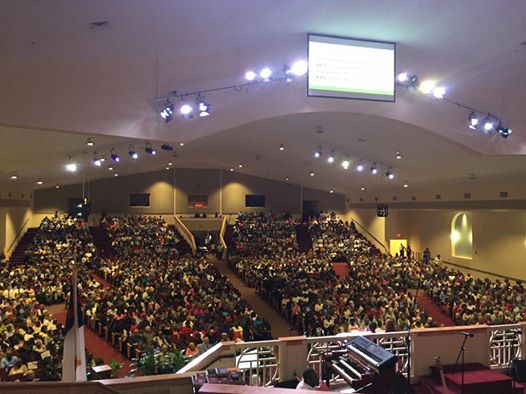
April 22, 2016
Combining churches, synagogues, and mosques all across the Charleston area, the Charleston Area Justice Ministry brings together multiple congregations each year to attack various social justice issues present in the greater Charleston community. The Charleston Area Justice Ministry has been in effect since 2011, when several clergy members from the Charleston area community contacted the director of DART to form a Sponsoring Committee. The process through which CAJM works is directly linked to the views, opinions, and wishes of the members. Similar to a caucus, members gather for house meetings to kick-off the process, where they have discussions on what problems they have seen in the Charleston area and what specific problems they believe are becoming more and more prevalent. Following these house meetings, CAJM researchers and employees pour over all of the team leader notes from these meetings and narrow down three topics that they then present at a large, all-member meeting at a member church. At this meeting, each topic has testimonies from community members and then following the testimonies, members break off into team groups and team leaders tally the votes for each topic. In this way, the social justice issue that will be attacked that year are chosen. Some topics from the past include: wage theft, early childhood education, and the school-to-prison pipeline. This years topic was racial discrimination, with a specific focus on investigatory police stop.
After choosing a topic, a team of 200 volunteer member researchers spend months researching and verifying the best possible ways to address and fix the problem in the Charleston area community. At the annual Nehemiah Action Assembly, modeled after the actions of Nehemiah from the Bible, CAJM brings together community leaders, in the past Superintendents, Mayors, and Police Chiefs have been called to the table, and presents to them their specific desires and actions that they want the public officials support of in order to fix the problem that they have identified. According to CAJM’s website, “CAJM is unique in its approach in that it transforms the systems that cause suffering by holding local officials accountable for resolving these inequities and injustices.” At the 2016 Nehemiah Action, CAJM requested that the public officials present assist in championing an independent audit of both the Charleston and North Charleston police forces, in order to reduce the number of investigatory stops in both areas and to reduce the discrimination present in the areas. An investigatory stop is any stop that does not end with any citation or warning. However, at this meeting, while Charleston Mayor John Tecklenburg was in attendance, Charleston Police Chief Greg Mullen, North Charleston Mayor Kieth Summey and North Charleston Police Chief Driggers did not attend. Joining Mayor Tecklenburg were several members of the Charleston City Council, and one lone representative from the North Charleston City Council.
While none of the members seemed particularly opposed to the idea of reducing discrimination in police investigatory stops, several members raised concerns with telling police officers to reduce the number of stops, Mayor Tecklenburg in particular stating that he refused to tell police officers to “break the law” by not pulling as many people over. Tecklenburg also refused to agree to the audit, saying that he wished to pick a group to audit not only the Police Department but every other department, and did not want to blindly agree to the group that CAJM had selected. Several City Council members said that they could not say “yes” to the CAJM requests because the requests were not within their authority to enact. Some City Council members did agree, however, to champion the cause and the North Charleston City Council member also agreed to every request issued by CAJM. While Mayor Summey and Police Chief Driggers did not attend, citing CAJM’s “bully” tactics as their reasons, only two days after the assembly held a press conference where they discussed an urgent need to have the police department reviewed. Some CAJM members have hypothesized that this was a direct response to the assembly, which was attended by upwards of 2000 community members.








